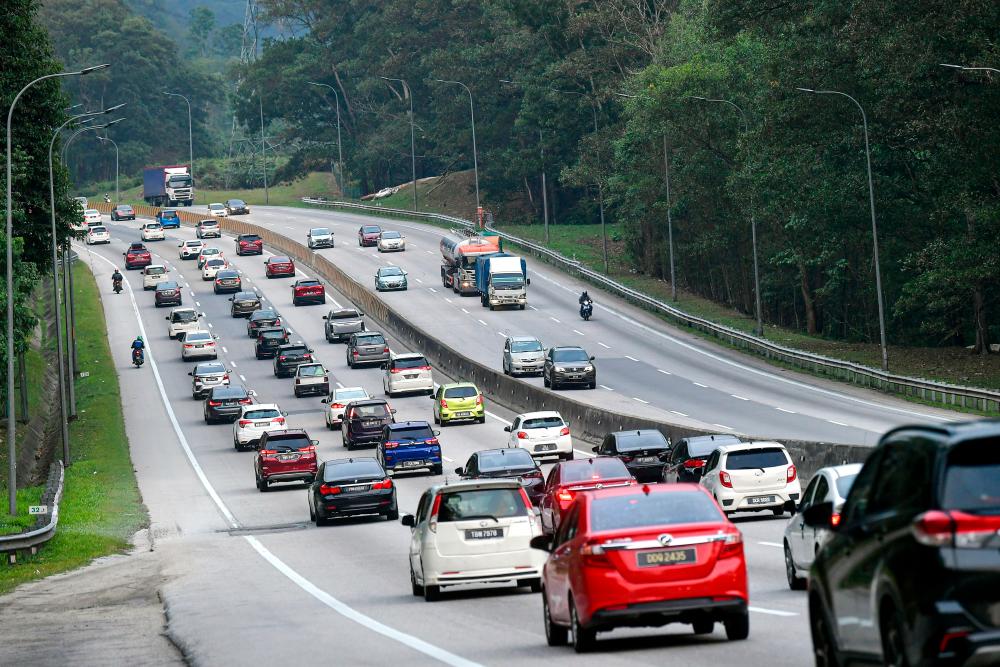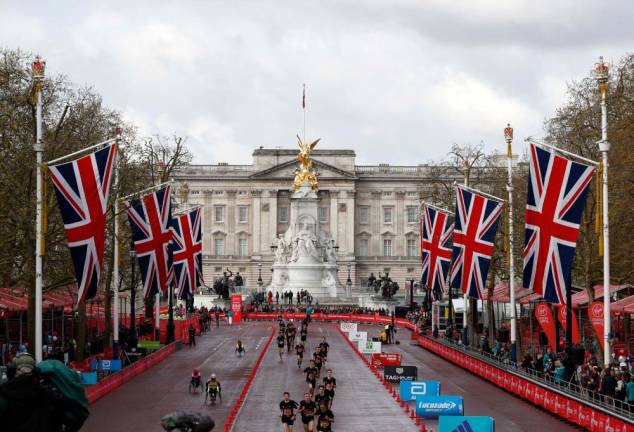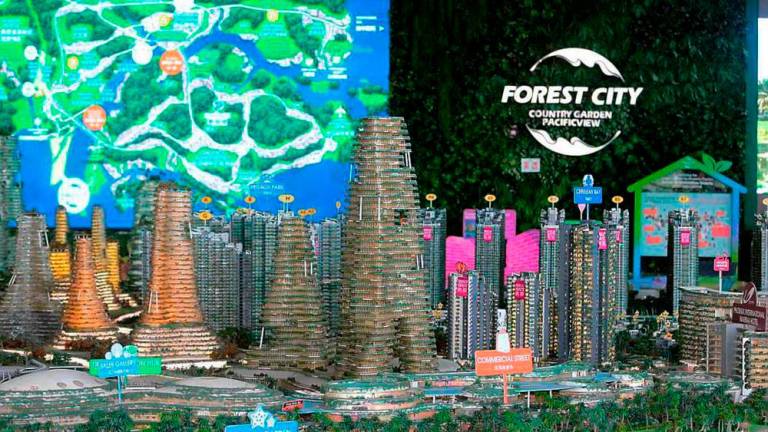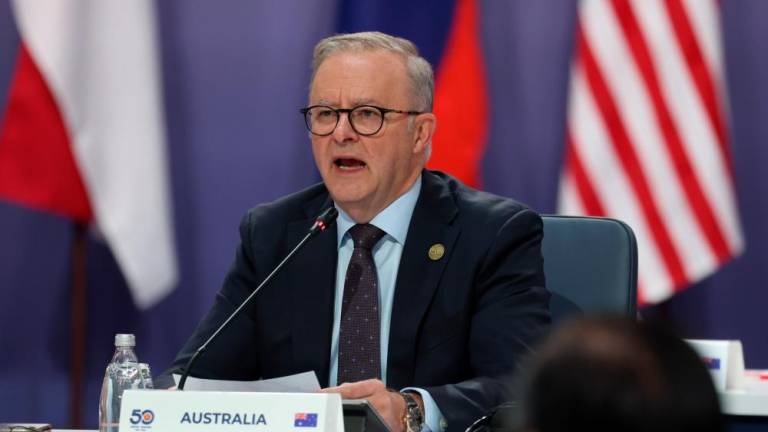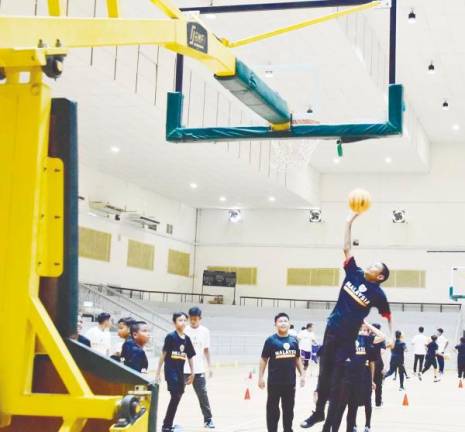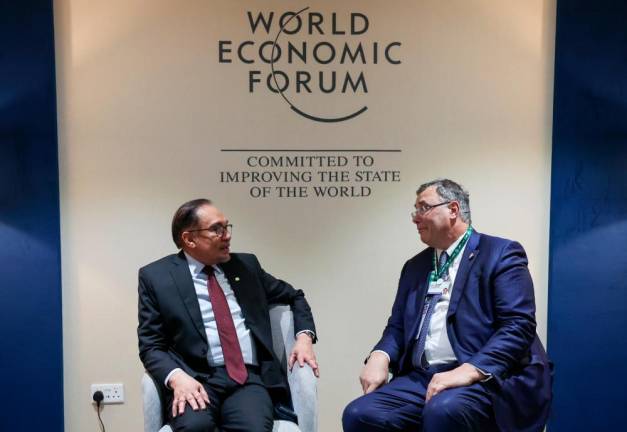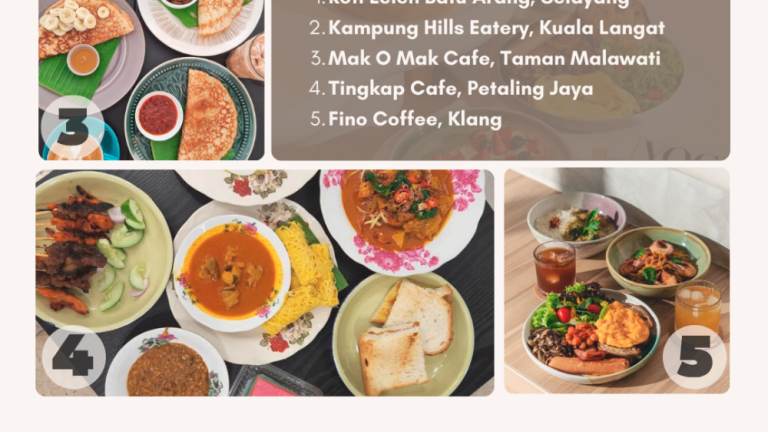PETALING JAYA: The Federal Territory Mufti Office has told Muslims not to park their vehicles along highways to pray, as it endangers lives.
Deputy mufti Sahibus Samahah Jamali Mohd Adnan said there will always be traffic congestion on highways during festive seasons.
“However, Muslims still have to perform their obligatory five prayers a day regardless of the circumstances, except for those with specific emergencies that prevent them from praying.”
He was commenting on recent incidents of highway users performing Subuh prayers on the emergency lane of the Kuala Lumpur-Karak (KLK) Highway.
At least three individuals were seen praying between parked cars, while slow-moving traffic due to the “balik kampung” rush moved along the highway.
“The issue at hand pertains to the ruling (Hukum Islam) on praying on highways, particularly on the emergency lanes. A hadith narrated by Al Tarmizi says the Prophet SAW prohibits praying at seven specific locations, including in the middle of a road.
“Therefore, praying by the side of the road is referred to as “Harus” in Islam, which means it neither earns rewards if performed nor incurs sin if unfulfilled.
“Likewise, it is also considered “Makruh”, or something that is not deemed as a sin if performed, alhough Allah SWT does not favour it.”
Jamali said in Islam, “Musafir” (traveller) refers to a person embarking on a long journey with good intentions such as returning to their hometowns for Hari Raya, with a journey of more than 81km.
“Islam allows travellers to combine and shorten their prayers. However, if we are stuck in a traffic jam and are unable to move, it is permissible to pray inside our respective vehicles but only in the cases of such emergencies.”
He also said an important aspect of travelling is for people to plan their journey and anticipate potential scenarios that may occur during their trip, adding that travellers should be prepared with contingency plans to handle such situations to ensure a safe journey.
“Islam is a practical and straightforward religion. Therefore, we should not complicate matters.”
Jamali said emergency lanes on highways are designated for emergency vehicles, and it can potentially hinder them when the public uses them for other purposes.
“Instead, look for designated places provided by the authorities, such as Rest and Recreation (R&R) areas where a surau is available. This is much safer and avoids inconveniencing others.”
In response to such incidents, a KLK and East Coast Expressway Phase 1 concessionaire Anih Berhad spokesman said: “Stopping on emergency lanes could cause collisions, and we advise road users not to do it during their journey, except at R&R areas.”
For travellers heading to the north or south using PLUS Expressways, there are 29 (R&R) areas, 50 laybys and four overhead bridge restaurants where surau are available for the public to perform their prayers.



